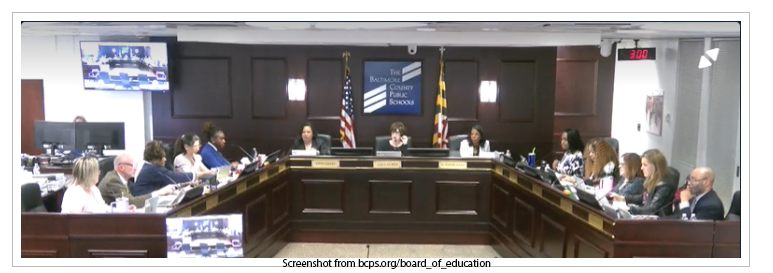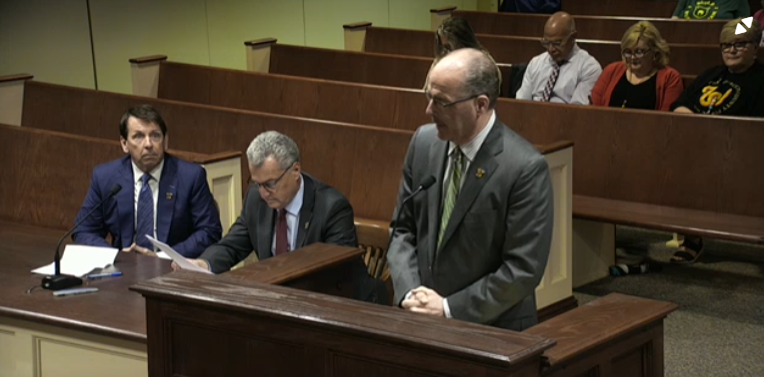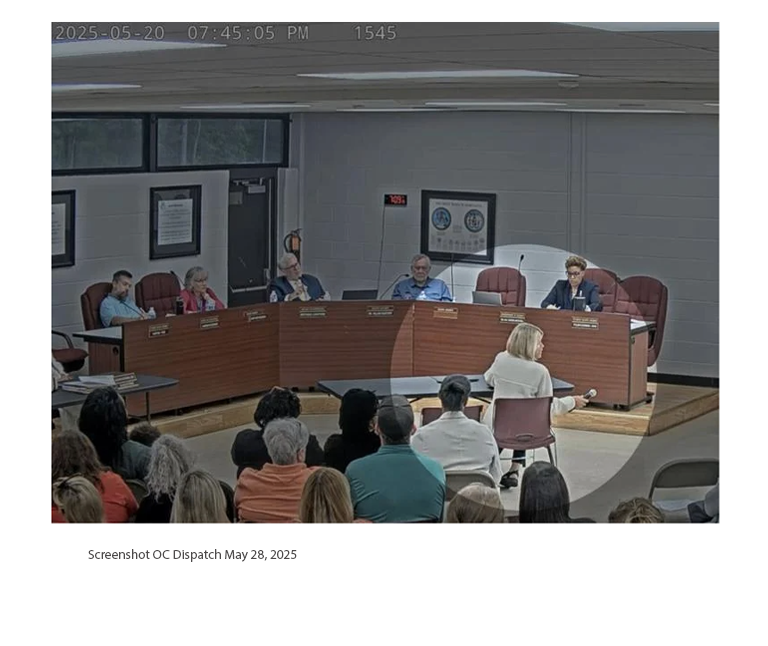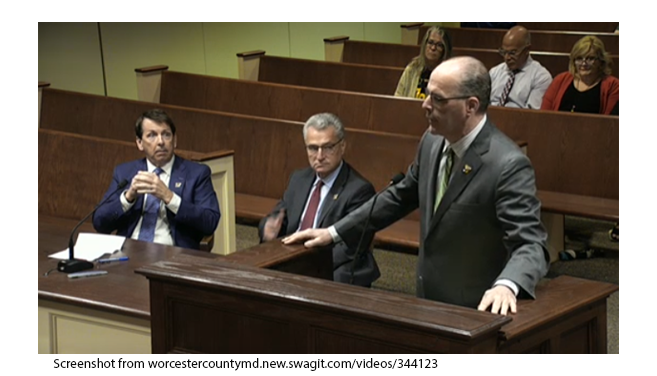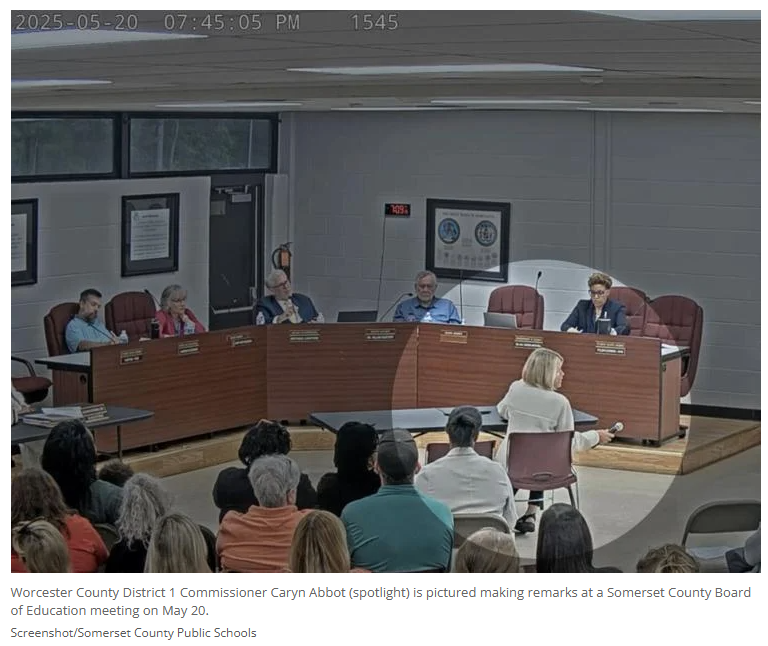
Teachers and Parents Are Skeptical of ‘New Reforms.’ Leaders Can Break the Cycle (Opinion)
In my new book, The Great School Rethink, I note the hard-won cynicism with which so many parents and teachers greet talk of “school reform.” Leaders will say, “I get it. People are skeptical. I have to earn their trust.” But I find that these leaders too rarely appreciate the true scope of the challenge.
(By the way, for a lively conversation on all this, check out the video of the book launch here, in which Louisiana state schools chief Cade Brumley, D.C. chief Christina Grant, Partnerships Schools Supe Kathleen Porter-Magee, and I dig into these challenges.)
The toughest thing in the world, especially when we’re enamored with promising new ideas, may be to understand why someone else “doesn’t get it.” This applies to everything from social and emotional learning to new tutoring systems.
Most parents and teachers have seen plenty of “transformative” education leaders, reforms, and technologies come and go. Heck, the education reform landscape is littered with the disappointing detritus of once-hailed innovators (and their once-acclaimed innovations).
The reality is, when a new principal rises to give that rousing charge in their first faculty meeting (“This is a new day! What’s come before is prologue. Everybody gets a clean slate!”), that principal is usually the only one in the room who believes it. The same applies to every superintendent who’s ever unveiled their bold, new strategic vision. For many teachers, it’s the second or third (or seventh) time they’ve heard such a speech. They’ve learned to tune it out and tell each other, “This too shall pass.”
How do you break through that? Well, you won’t do it by insisting that this time “things really will be different.”
You cannot assume that others will agree this time is different. Trust has to be earned. Leaders earn it by making parents and educators feel like their concerns are being heard and taken seriously.
Sit with a teacher, and they’ll tell you how hard they work, how unappreciated they feel, and how much energy they devote to helping their students succeed—but also how often they’re hampered by meddling principals.
Sit down with a principal, and they’ll tell you how hard they work, how long their days are, and how much energy they put into helping their teachers and students succeed—but also how often they’re hampered by the meddling clowns in the central office.
Talk to a superintendent or those “meddling clowns” in the central office, and they’ll tell you. … You get the idea.
When it comes to putting all this to work, especially in a time of intense polarization and after three years of educational disruption, the most important (and easiest to overlook) lesson I’ve learned over time is that everyone involved in schooling thinks they’re the hero of the story.
Those who don’t get that are constantly wondering why so many mean-spirited people are standing in their way. But savvy leaders know those same “obstructionists” are wondering why you’re in their way. Whether it’s about revamping a program, modifying gender policies, or altering school choice policies, those on both sides are sure they’re right.
In public schooling, where kids, values, and big sums are at stake, emotions run hot. Parents can lash out at proposals to change start times or revamp familiar programs. Teachers can experience proposed reforms as a personal attack or a threat to their autonomy. Trying to “win” these debates by shaming or outmuscling doubters tends only to fuel bitter backlash. The veterans of the fights over No Child Left Behind or the Common Core can share some stories on that score.
Leaders who dismiss parental concerns as selfish or uninformed only inflame the opposition. Waving away teacher concerns by insisting the new policy is the “right” thing to do will only foster skepticism.
If you appreciate that everyone thinks their heart is in the right place (and that you’re the problem), you recognize that hectoring is a dead-end strategy. Insist that the “research” is on your side, and they’ll just answer by pointing to research of their own. Tell them that you’re “for the kids,” and they’ll just answer by insisting, “Nope, I am.”
How do we break this cycle? Rather than selling our preferred solution, it can help to start by asking what’s not working and what we might do differently. That allows room for a different dynamic to emerge. If a program or contract provision made sense in 1975, so be it. That’s cool. No judgment. Does it still make sense today? Asked this way, there’s more room for problem-solving and less for table-pounding. If we want school improvement to play out differently over the next 20 years than it has over the past 20, we need to make that happen.
Dig Deeper With Our Longreads
Newsletter Sign up to get our best longform features, investigations, and thought-provoking essays, in your inbox every Sunday.
The MEN was founded by John Huber in the fall of 2020. It was founded to provide a platform for expert opinion and commentary on current issues that directly or indirectly affect education. All opinions are valued and accepted providing they are expressed in a professional manner. The Maryland Education Network consists of Blogs, Videos, and other interaction among the K-12 community.


